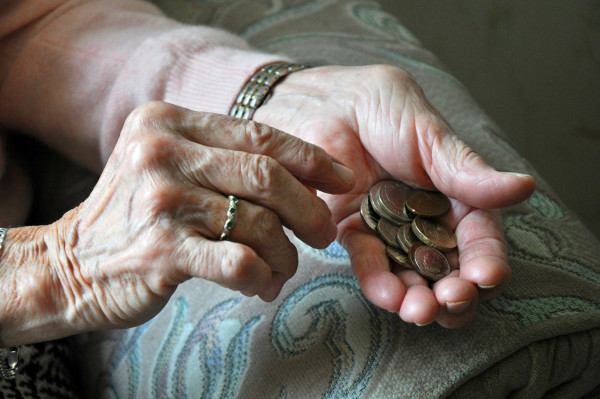

The growth of self-employment is putting pressure on the sustainability of the state pension, since these workers contribute less in national insurance, according to research from Aegon.
The provider's analysis shows that for every one million people who move from employment to self-employment, annual National Insurance (NI) receipts will drop by an estimated £2.8bn, leaving less to pay state pensions.
Since 2016, when the new state pension was introduced, the self-employed with sufficient NI contributions receive £164.35 per week, the same as employees.
Under the old system, the self-employed were entitled to just the basic state pension of £125.95 per week (2018 to 2019 level), but not to the earnings related top-up employees could build up.
Despite this windfall, the NI contributions the self-employed pay, which cover state pension costs, were not increased.
According to data from the Resolution Foundation, the average self-employed worker earns £12,480 a year and pays £365 in Class four NI contributions.
The average employee earns £20,800 and pays £1,485 while their employer also contributes £1,707.
The number of self-employed workers has grown by 1.5 million over the last 16 years, reaching 4.8 million in 2017, according to data from the Office for National Statistics (ONS).
The situation is even more concerning since the Government Actuary’s Department (GAD) said the national insurance fund – which pays the state pension and other social benefits – will run out of money around 2032.
According to Steven Cameron, pensions director at Aegon, "it is a common misconception that people are building up their own personal state pension fund, while in reality, today’s NI contributions go towards paying the pensions of those in retirement today."
He said: "As the self-employed on average pay less NI, the growth of self-employment means that over time, the total amount available to pay state pensions will shrink.
"Penalising every self-employed person with an NI increase is unlikely to be a fair or politically acceptable answer to this challenge.
"Furthermore, compared to their employed peers, the self-employed are not benefitting from automatic enrolment into a workplace pension with an employer contribution, and miss out on other benefits like maternity and paternity pay.
"On average the self-employed earn less than employees and the government needs to balance these considerations when looking at how to find a fair way of maintaining the state pension system."
maria.espadinha@ft.com



